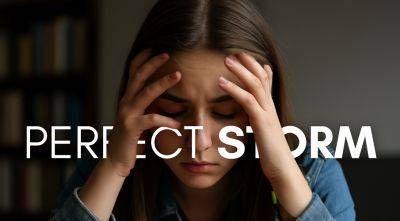What Psychology Teaches Us About Human Resilience in Crises
When crisis strikes—whether in the form of natural disasters, violent conflict, personal tragedy, or global pandemics—some people seem to recover with remarkable strength.
Others may struggle to regain their footing. Why? Psychology offers important insight into this question, illuminating what shapes human resilience and how it can be cultivated even in the darkest moments.
Far from being a fixed trait, resilience is a dynamic process—a combination of mental, emotional, and behavioral flexibility.
It allows individuals and communities not only to survive adversity but also to adapt and, at times, even grow from it. Resilience Begins with a Sense of Control One of the most well-documented findings in psychology is that people fare better during crises when they feel they have some degree of control over their situation.
Read more on curiousmindmagazine.com





































